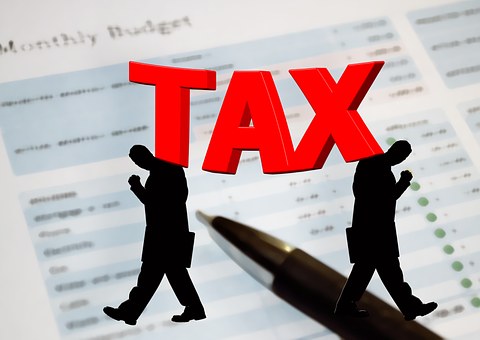Noida standing committee will assess the zero-period waiver to determine the relief to be paid to homebuyers.

A permanent committee of the Greater Noida Industrial Development Authority (GNIDA) and Noida Authority would assess all housing projects that seek a zero-period waiver and determine the amount to be exempted from each developer. It would rely on this particular estimate to determine how much relief would be extended to home buyers.
The zero-period policy, under which developers were deprived of interest on outstanding land dues for the years that litigation halted construction activities, was decided on Tuesday by the UP government. The relief that is given at the time of the final settlement will only applies for defaulting builders who are able to deliver all the apartments due by the end of 2021. They will continue to pay according to the current schedule in the meantime.
Narendra Bhooshan, CEO of GNIDA, said that the policy would enable them to reinstate any outstanding dues from the developers since they should be issued certificates by 2021 for zero period waivers. “For this, it would be compulsory to pay all dues,” he said.
The authority, he said, was to receive Rs 3,000 crore as land revenue from developers. Around Rs.3,000 crore out of Rs.6,000 crore of dues from land revenues is non-recoverable from Amrapali group. Though, the 70-80 projects that are likely to apply for the zero-period waiver, out of that we are still gonna receive Rs.3,000 crore.
“We will have a couple of losses to bear, but they help to boost our cash flow. For years, some of these dues are unpaid,” said Bhooshan. From the land revenues, the Noida Authority reveals it has Rs.15,000 crore of dues.
The zero period as an impact of litigation would apply to 2011-12 when work in Noida Extension projects was completely stopped, a total of 13 months. Realtors, however, are seeking a waiver until 2015 when GNIDA was in court on the matter, citing difficulties in obtaining finances over the period.
Between 2012-14, Noida projects would also be impacted for two years by the bird sanctuary legal case. Hold due to pollution-related development bans and pending acquisition problems between the Noida Authority, or GNIDA, and farmers, and the authorities being unable to produce land in time, will also be qualified for zero-term.
“We are looking forward to the breakdown of the GNIDA and the Noida Authority zero-period element and want clarification and transparency in the calculation process so that the buyers are accurately given to what they deserve as part of the discounts,” said Abhishek Kumar, President, Noida Extension Flat Owners Welfare Association (Nefowa).
- Construction Industry
- Current Affairs
- Delhi
- Expert Views
- Experts
- Features
- Housing Finance
- Housing Socieites
- INDIA / WORLD
- Infrastructure
- Interviews
- Investments
- Legal Article
- NCR Region
- New Projects
- News
- News Launches
- Others
- Project
- Property Updates
- REAL ESTATE NEWS
- Realty_Quarter
- RERA
- Residential property




















































































